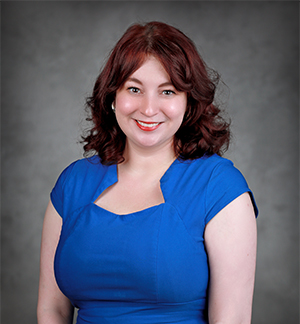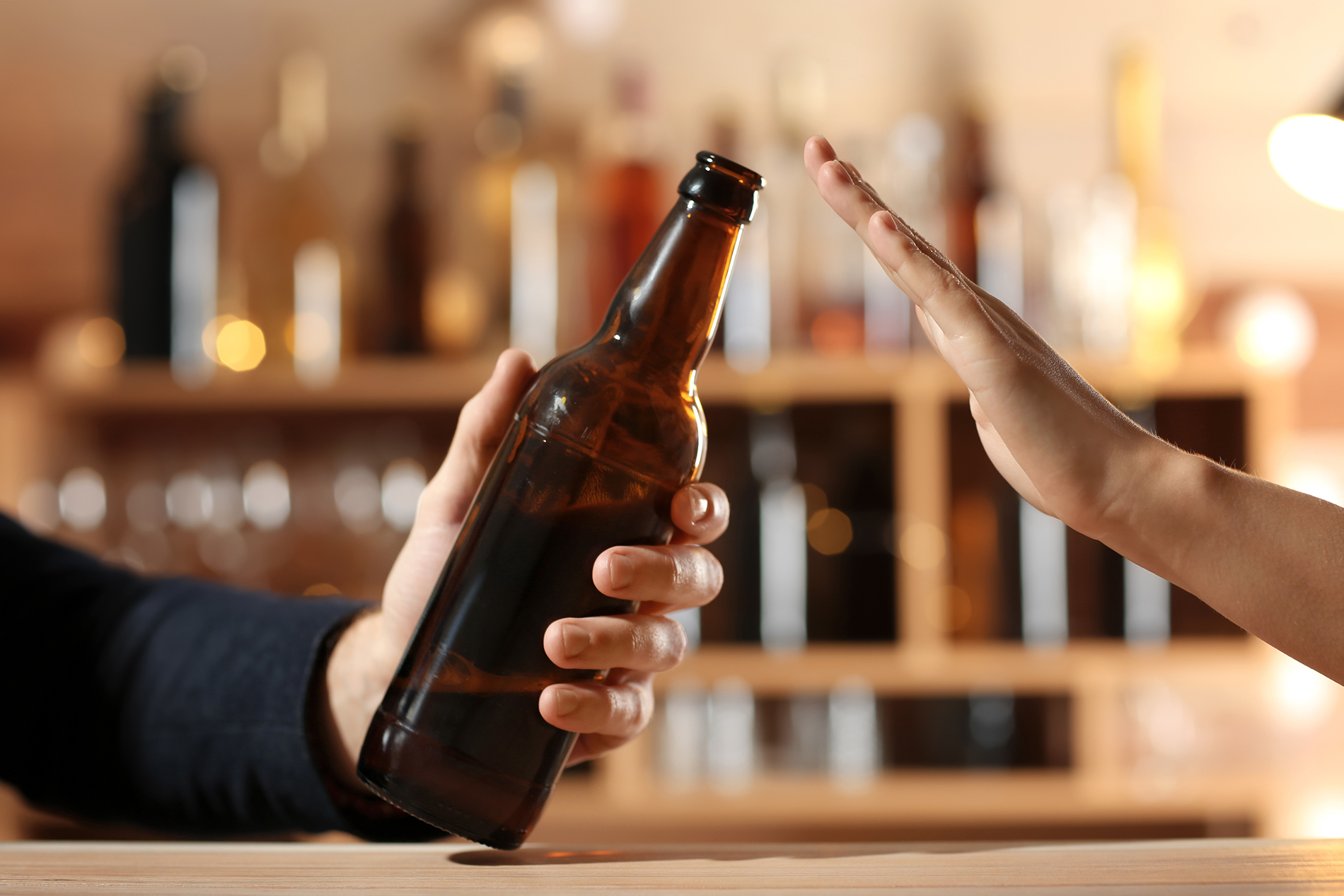January is a time for fresh starts and new beginnings, resolutions and commitments, promises to ourselves – and promises to others. Nestled amid all these good intentions is something that could make a tremendous improvement in your life: Dry January.
"It's a pretty common New Year's resolution where a person chooses not to drink alcohol during January," explained Michaela McElveen, MD, with Lexington Family Practice Otarre Pointe.
Dry January started in the United Kingdom more than a dozen years ago. A woman named Emily Robinson gave up alcohol in January 2011 to prepare for an upcoming marathon. As she trained, Robinson was surprised by the many health benefits that accrued to her after putting down the bottle.
The experience inspired her to create a wellness campaign - which is how Dry January was born. Some 4,000 people participated in that first year, but participation had exploded to 215,000 people worldwide by last year.
"With the advent of social media, it is growing more popular than ever," Dr. McElveen said.
Dr. McElveen has had plenty of conversations about alcoholic intake – and the health benefits of its regulation - with her patients.
"There's a stigma attached to drinking excessively," she said. "So, there's probably some unconscious fear of judgment. I try to reassure my patients that I care because I'm concerned about its health effects."
While health risks caused by excessive alcohol consumption are widely known, many people often forget about the flip side of this equation. If drinking too much causes problems, drinking less - or not at all – can solve many of these pervasive issues.
"There are a ton of health benefits associated with moderating your drinking," Dr. McElveen said. "Studies show that reducing or eliminating alcohol long-term can significantly and positively impact your health. Even taking short breaks from drinking can help lower your blood pressure, reduce your stress, improve sleep, and - in some cases, depending on who you are - help you lose weight."
Once the ball is rolling, the advantages only accumulate.
"A month-long breakup from alcohol can lead to significant improvements in several different areas," she said. "Drinking can cause your blood vessels to narrow, which drives up your blood pressure and can make hypertension worse if you already have it. Even having just one drink a day can contribute to developing high blood pressure, especially if you are over the age of 35. Limiting alcohol for a month can help decrease inflammation within your liver and your entire body, and that can lower your risk of developing fatty liver disease, which is a condition that's very common and can progress to liver failure or cirrhosis, or liver cancer if left untreated."
Dry January participants are often surprised to learn that old notions associated with drinking aren't always true.
"Many people think a nightcap can help them get a good night's sleep," Dr. McElveen noted. "While it's true that a drink before bed might make you feel a little bit sleepier or more ready for bed – it actually fragments your sleep and causes you to wake up more frequently and get less quality sleep."
Participating in Dry January is a very personal decision, but given its potential benefits, everyone should consider it.
"If you feel like you have been drinking more recently – perhaps without meaning to – or you feel like you need to cut back some, then it's definitely something to consider," she said. "I would certainly talk to my doctor first if I were someone who drank heavily - or drank every day. It's never advisable to stop drinking cold turkey. But cutting back is always good for you."
Putting the brakes on imbibing for a month can be a buddy activity, too.
"If you have a friend who would buy into it with you - kind of challenging each other to drink less and maybe compete with each other to see who drinks less than the other by the end of the month - it can be fun to share it," she said.
Dr. McElveen offered a note of caution to participants.
"I find that when people set a New Year's resolution, they tend to make it an all-or-nothing thing," she noted. "They say to themselves, 'I'm going to eat healthy this year, no more fast food, no more sweets. I'm going to exercise every single day. I'm going to quit drinking completely.' Those are less feasible goals and are harder to stick to."
"I recommend picking a realistic goal for you to achieve," she continued. "If someone drinks three nights a week, maybe you choose to drink only two nights. And that's a win because you're decreasing the exposure your body has to alcohol. A reduced alcohol January, or a dryer January – even a damp January, if you will - is probably a good way to think about it. The goal is to consciously decide to drink less. Even if that doesn't mean giving up alcohol altogether for you."
One final piece of advice?
"If you're trying to make a resolution of a Dry January, and you find that you didn't make it through without drinking - or you still drank a little bit more than you intended to - don't beat yourself up about it," she said. "Don't get down on yourself. Don't feel like you're a failure. Just keep going forward and try to moderate how much you drink in the future."

Michaela McElveen, MD, Lexington Family Practice Otarre Pointe.







Leave a comment